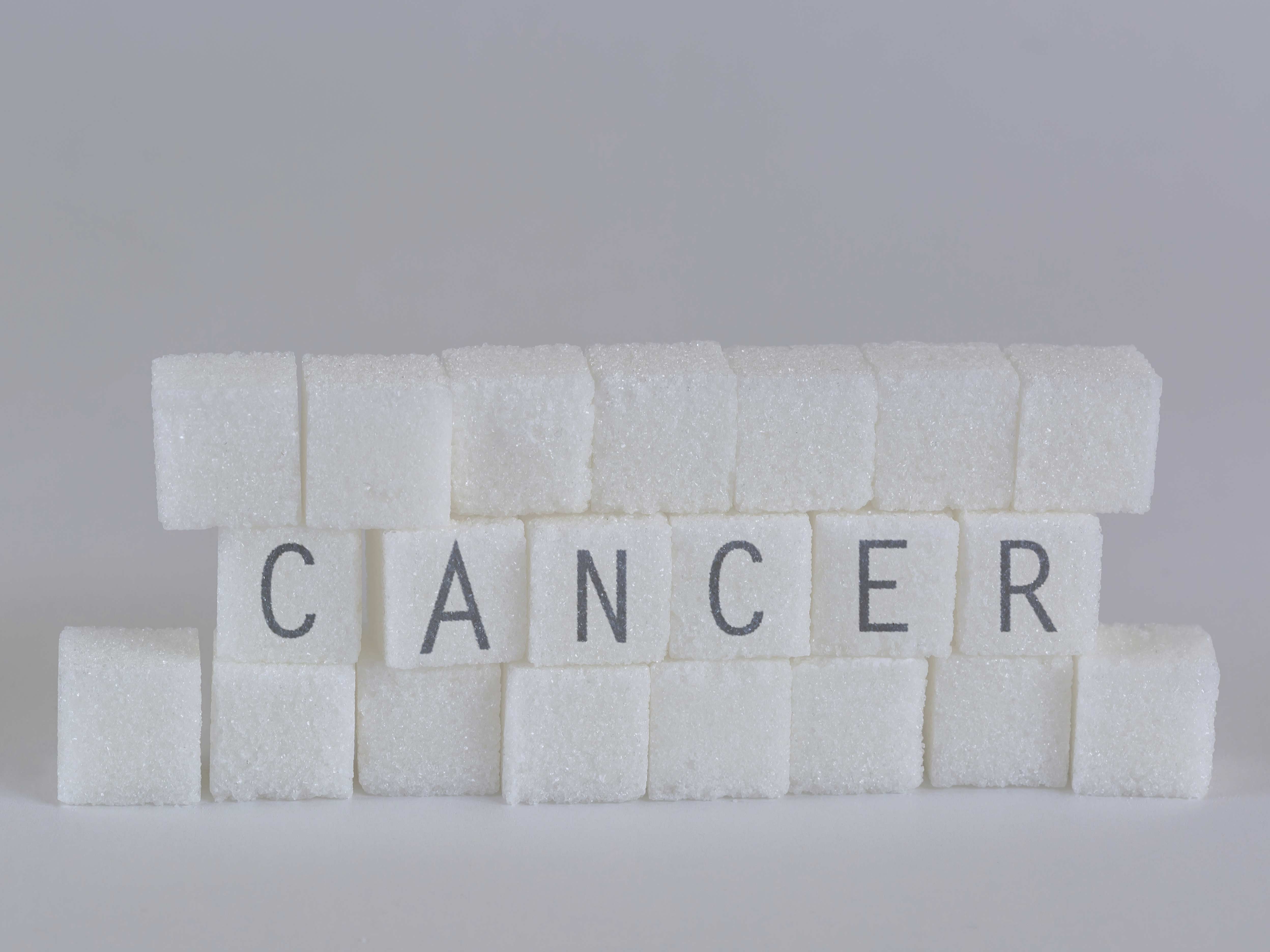Get Easy Health Digest™ in your inbox and don’t miss a thing when you subscribe today. Plus, get the free bonus report, Mother Nature’s Tips, Tricks and Remedies for Cholesterol, Blood Pressure & Blood Sugar as my way of saying welcome to the community!
Cancer danger turns this sweetener sour

You see artificial sweeteners in many commercially produced foods. They are what give “diet” sodas that sweet zero-calorie taste. These chemical compounds are 30 to 7,000 times sweeter than sugar and in reality do little to help you lose weight.
Instead they come with plenty of adverse side effects including an increased risk for obesity, diabetes, and heart disease. Now, one sweetener in particular, has been linked to leukemia.
The birth of a sweet danger
If you have doubts that sucralose — commercially known as Splenda® — is anything but sweet and wholesome, let me share something you may not know about its rise to fame…
It was created in a lab at King’s College in London and made specifically to help kill bugs. There, scientists found that by bleaching sugar molecules they could enhance the pesticide effect of chlorine.
If that doesn’t make anyone want to give up a diet soda addiction, I don’t know what would…
Fortunately, some scientist knew that Splenda, or sucralose was a potential carcinogen — despite studies by the manufacturer that never indicated a cancer danger. That’s why in 2013 food advocates downgraded the product from “safe” to “caution.”
Most recently, the Ramazzini Institute in Italy, the same research facility that discovered Splenda’s initial cancer danger, has found a strong link between its consumption and leukemia.
How much is too much
“And even if you consume less, that doesn’t mean there’s no problem,” Lisa Lefferts, a scientist at the Center for Science in the Public Interest, told EatClean.com. “When something causes cancer at high doses, it generally causes cancer at lower doses, the risk is just smaller.”
For the new study, published in the International Journal of Occupational and Environmental Health, researchers fed 457 male mice and 396 female mice 0; 500; 2,000; 8,000; or 16,000 ppm of sucralose in their feed from 12 days of gestation through death.
The researchers found that increasing amounts of Splenda in the rat’s diets resulted in increased incidence of malignant cancer in male mice. And those that were fed amounts of 2,000 ppm and 16,000 ppm experienced significant incidence of a specific cancer — leukemia.
“These findings do not support previous data that sucralose is biologically inert,” researchers wrote in the study. “More studies are necessary to show the safety of sucralose, including new and more adequate carcinogenic bioassay on rats. Considering that millions of people are likely exposed, follow-up studies are urgent.”
A better option
To avoid this threat, choose safer, natural sweeteners if your sweet tooth is too persistent to forego them altogether. Xylitol is proving to be one such sugar substitute that more people are turning too.
In the UK, dentists are even advocating that people chew gum which is commonly sweetened with xylitol. Studies show it helps prevent tooth decay and may combat oral bacteria responsible for plaque buildup on teeth.
Xylitol is a naturally occurring sugar alcohol found in small amounts in many fruits and vegetables. It has half the calories of regular table sugar and has zero effect on blood sugar or insulin. It also does not contribute to Candida Albicans — yeast infection — like other sugars can. You can find it easily online, and it’s not expensive at all.
But you still need to be cautious about the “added sweeteners” in the processed food products you may buy. It can be hard to decipher ingredient lists because artificial sweeteners and added sugars are seldom listed by their more familiar names. To be safe, ditch or cut down on the foods you’ll find them in the most — low-calorie or diet sodas, diet foods and diet snacks.












